SKOWHEGAN — Amber Lambke likes to think of the Somerset Grist Mill, its farmers market, cafe and associated businesses at the old county jail in downtown Skowhegan as a “Third Place,” a community destination that’s not home or work, but another place to gather.
Just like the old days.
Based on the urban sociologist Ray Oldenburg’s “The Great Good Place,” Lambke says the concept of a third place comes from a need for networking, sharing ideas and resources and everyday social contacts that make for a great community to live in and visit.
“There’s a concept that’s been written about called ‘Third Place’ and the idea is that your first place is your home and your second place is your work — third place in our communities are these places where people bump into each other and have conversations and you can exchange ideas and, the author would argue, they’re the foundation of a well functioning democracy,” Lambke said.
The Grist Mill, with its Miller’s Table cafe, dry goods store, Happy Knits Yarn shop, its community radio station WXNZ FM and Crooked Face Creamery, are places where people can speak with a local elected official over breakfast or chew over the passions, visions and plans for a healthy community with just about everybody, she says.
“These third places in our communities used to exist,” Lambke said. “They used to be the barber shop, or the coffee shop, or treats where you’d go after school and get a soda fountain drink. We’ve lost those kinds of spaces in our communities due to the kinds of development we’ve embraced. Rebuilding places where people can gather, whatever the reason — recreation or a cafe or a farmers market — those spaces are really healthy.”
It’s a true “Made in Maine” destination where “fast casual” dining and 45 craft beers from Maine Grains offer a welcoming look behind the scenes at farm-to-table production, along with the nuts and bolts of grain production.
Last year, the mill produced 1,200 tons of rolled oats, stone ground flour and other grains.
There are 45-minute mill tours, free of charge, and opportunities to visit with the people who make it all happen. The Maine Grains grist mill currently employs 13 people, with 20 people working in the cafe and three more at the knit shop.
The first floor of the old jail is a line of former inmate cell blocks now occupied by businesses, offices, packing rooms and work rooms. The second floor of the jail is where all the grains are milled.
“There’s still bars on the windows and plenty of signs of what this used to be,” Lambke said.
The 20-member farmers market is open from 9 a.m.-1 p.m. Saturdays through October, offering a wide range of fresh produce, locally raised meats and cheeses, pasta, fruit, wines and beer, seedlings, pottery and bread.
“What’s clear is that people are increasingly looking for a behind-the-scenes peak at how things are made,” she said. “They care about authentic businesses that are good things in the community and they enjoy learning new skills while they’re on vacation. Food and learning are an important part of why people travel on vacation. We are seeing more visitors that come up for the cafe and dry goods store to experience what this is all about.”
The focus is food, health, land use, hunger and climate change.
The transformation of the 1897 Somerset County Jail started with the first Kneading Conference in 2007, where the idea of a Maine Grain Alliance first was hatched. Lambke is the founder and CEO of Maine Grains and co-founder of the Maine Grain Alliance.
Lambke said her company has grown continuously since she formed the Maine Grain Alliance in 2012. The company buys grain from 36 farms and has spent over $1 million on purchases of grain from local farmers. She said 50 percent of sales of Maine Grains products are to out-of-state markets. Maine Grains specializes in organic and heritage grain that is freshly milled into stone-ground flour, rolled oats and whole grains to bakers, brewers and chefs throughout the Northeast.
Lambke, and her then-business partner Michael Scholz, a baker from Albion, purchased the former jail from the county for $65,000 in 2009. A new Somerset County Jail opened in East Madison the same year.
In the 10 years since, Lambke estimates they have spent $3 million in grants, loans and equity investments with revenues for all the Grist Mill businesses of about $2.5 million annually.
The onetime exercise courtyard for jail inmates is now a seasonal dining area and bar, which leads into the creamery, still under construction. The main café occupies space that once held the jail’s maintenance area and parking lot for transport vehicles, then surrounded by high, razor-wire fencing.
“Our beers come from craft breweries in Maine that use our grains from the grist mill to make the beer,” Lambke said. “A lot of our other menu items are the result of collaboration, like our mac and cheese that’s made with Maine Meal pasta, using our grains, so our grains go across the street, get turned into pasta and we buy it back and serve it on the menu. We buy the ricotta cheese from (Crooked Face Creamery) to be able to feature that in pizza and desserts.
“We are constantly all sharing resources and continuing to try to promote each other’s businesses.”
The businesses also are involved with a heritage seed restoration project, with a goal of taking small quantities of rare grain seeds that have been saved and climatized to Maine to increase the volume of seed for commercial supply.
“Now, it’s time to look ahead to the future, while keeping that last decade of success firmly in focus,” Lambke said.
“It’s time to re-articulate our vision because we’ve achieved a lot of what we set out to achieve and more,” she said. “As we all vision together — I just hope we keep realizing the potential of a community of businesses that is interconnected and supported here in Skowhegan.”
Send questions/comments to the editors.


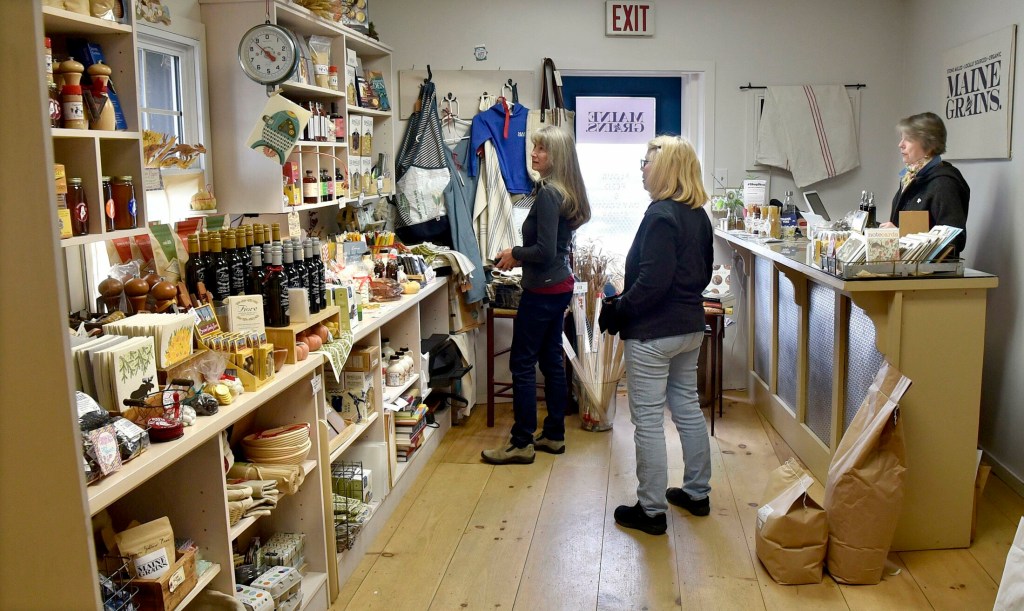
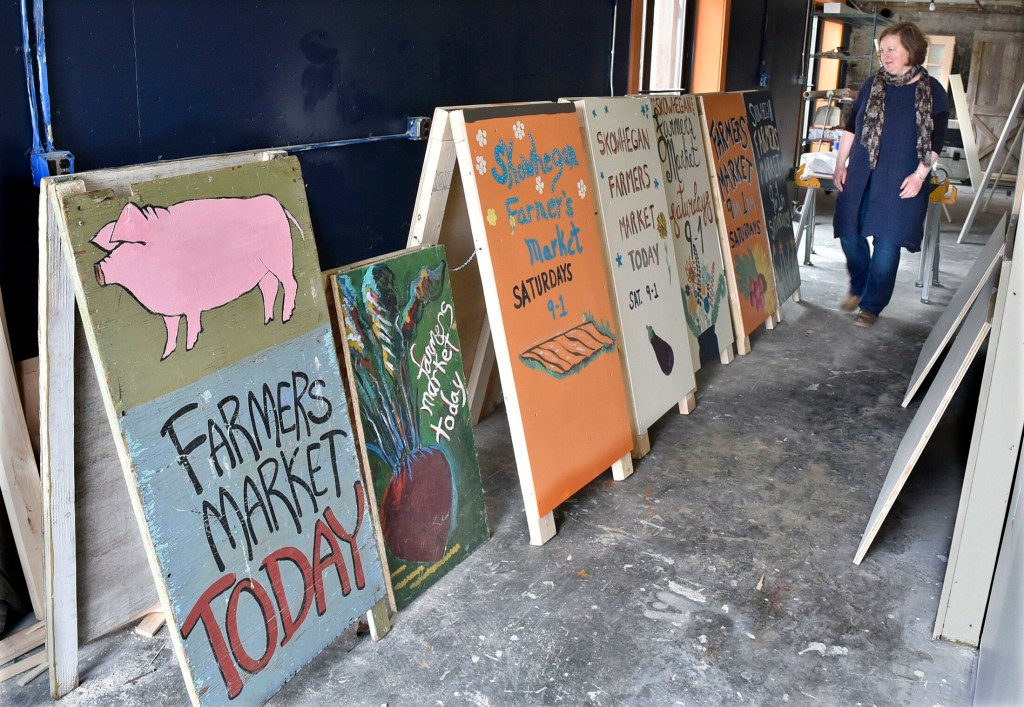
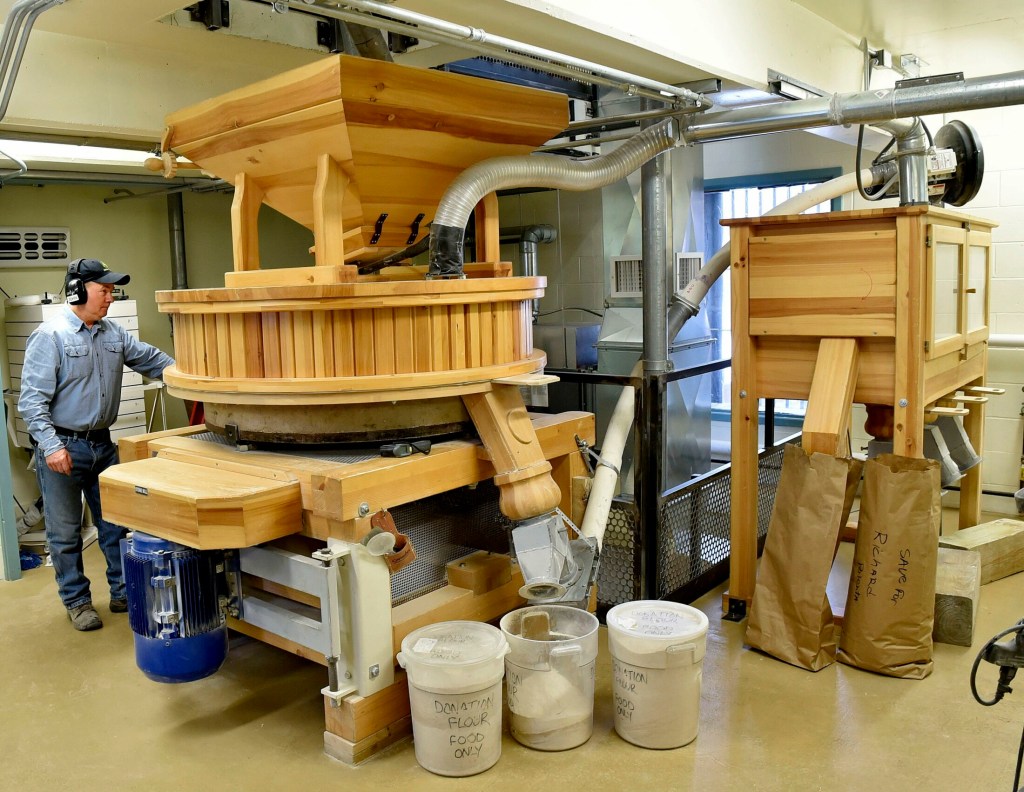
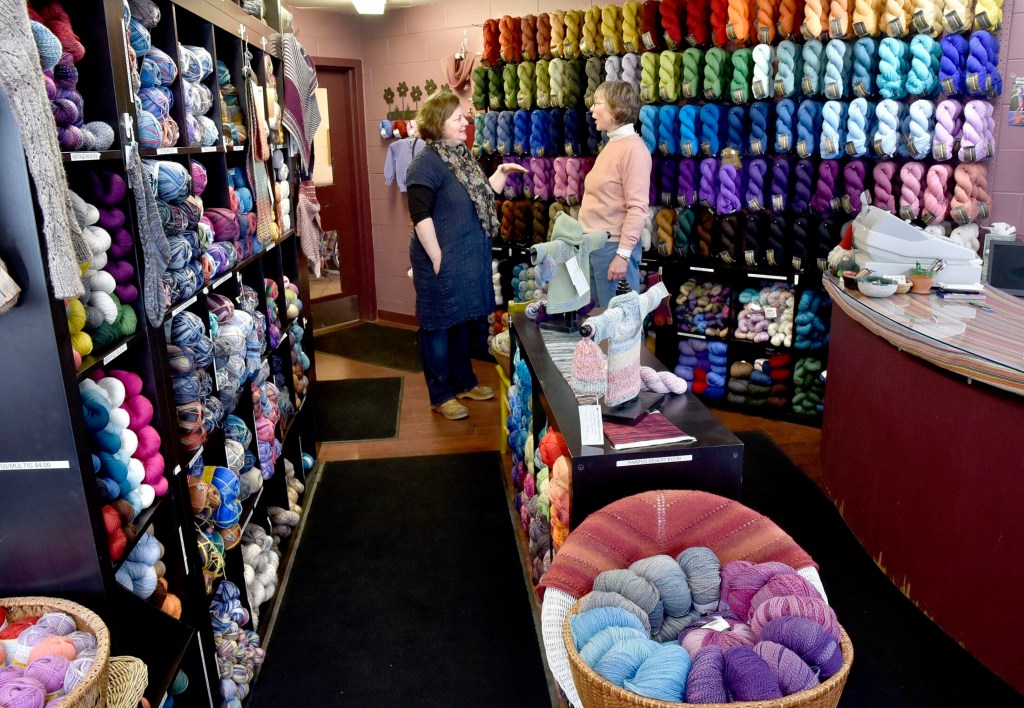
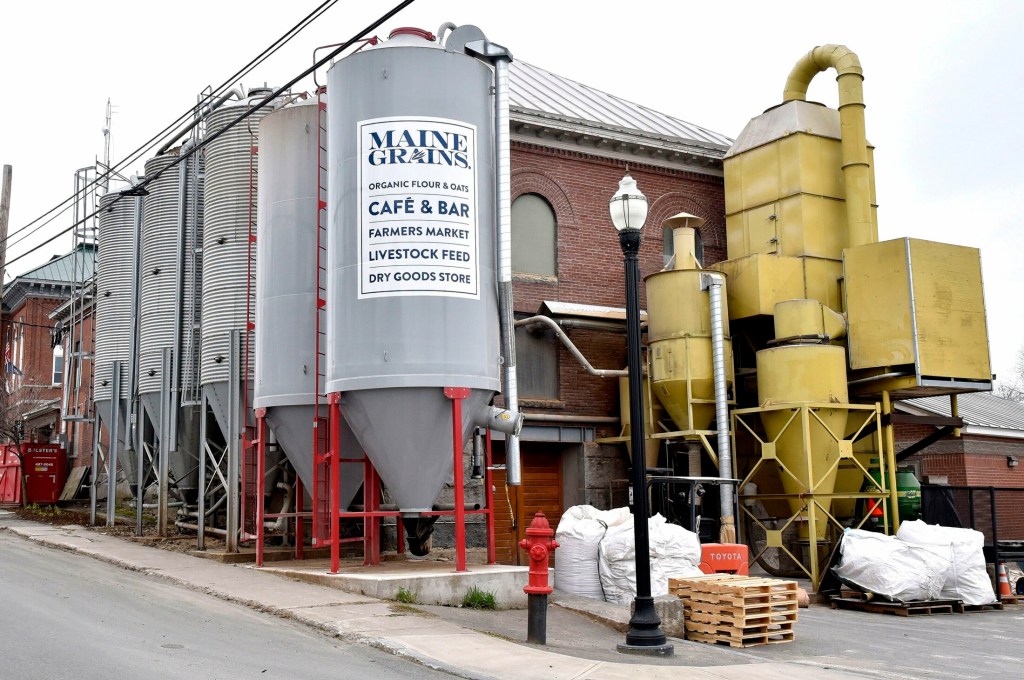
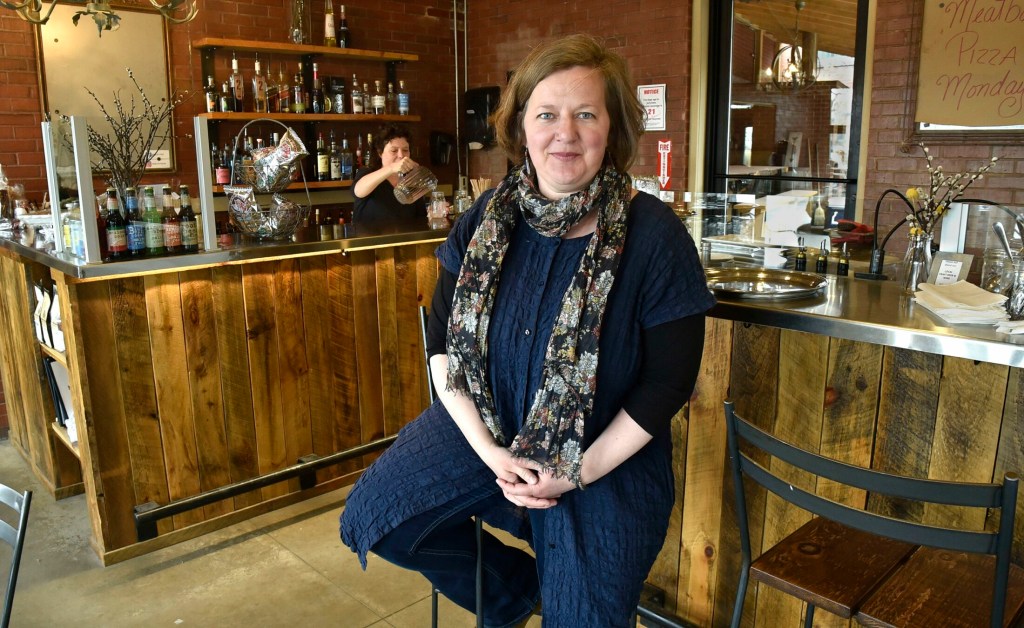
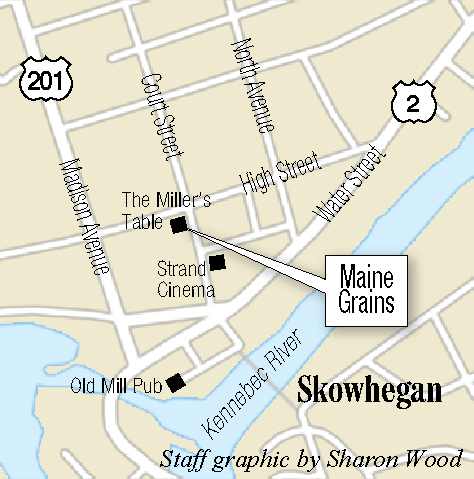

Comments are no longer available on this story